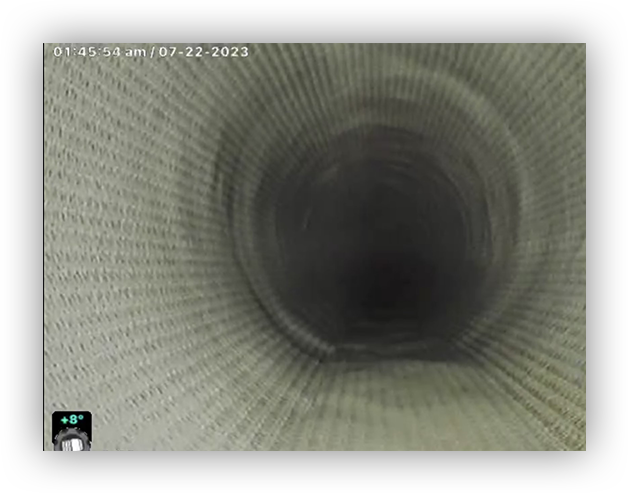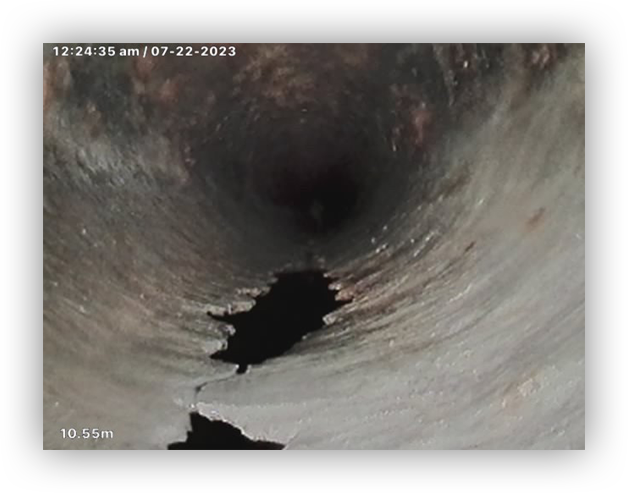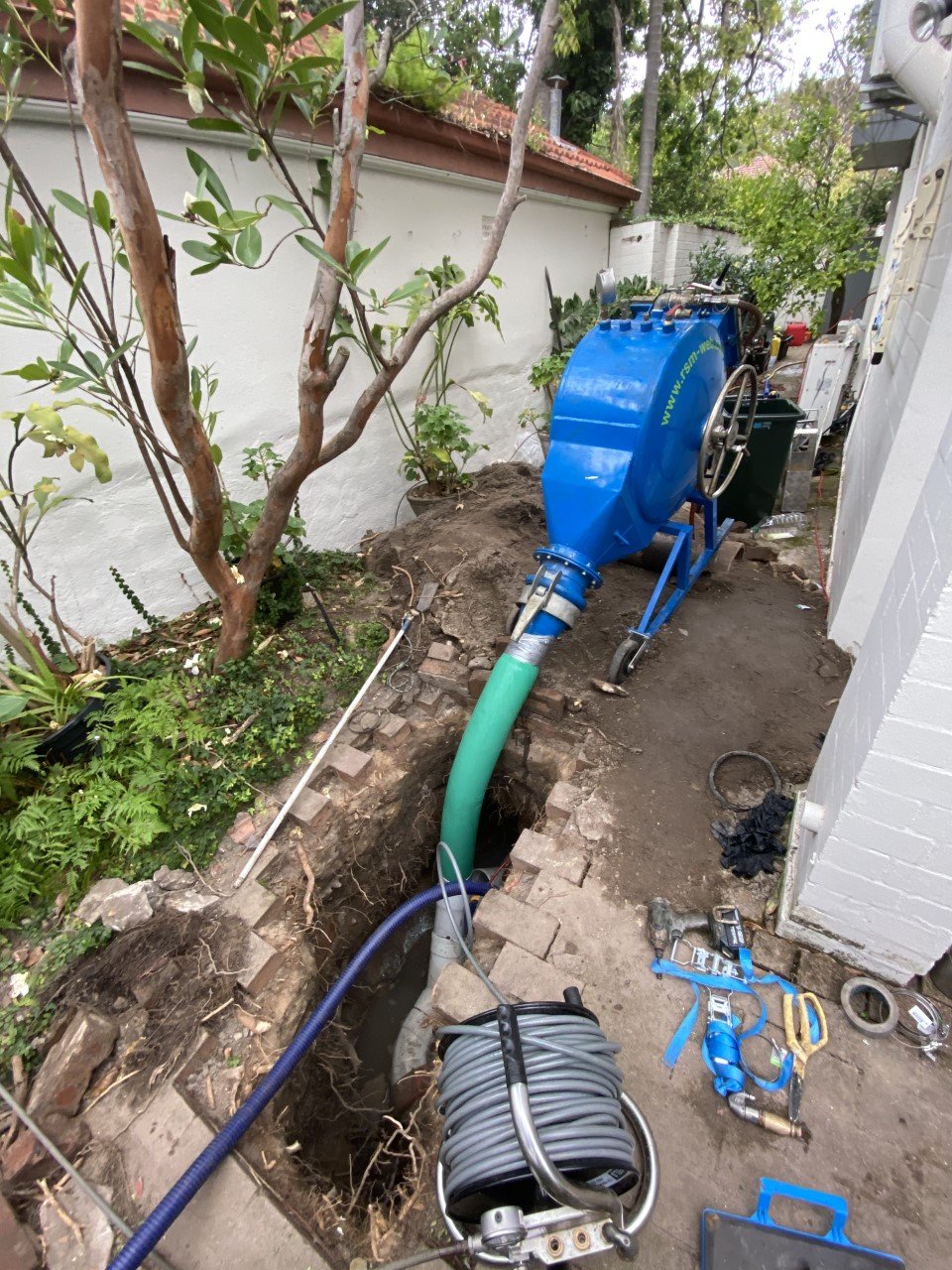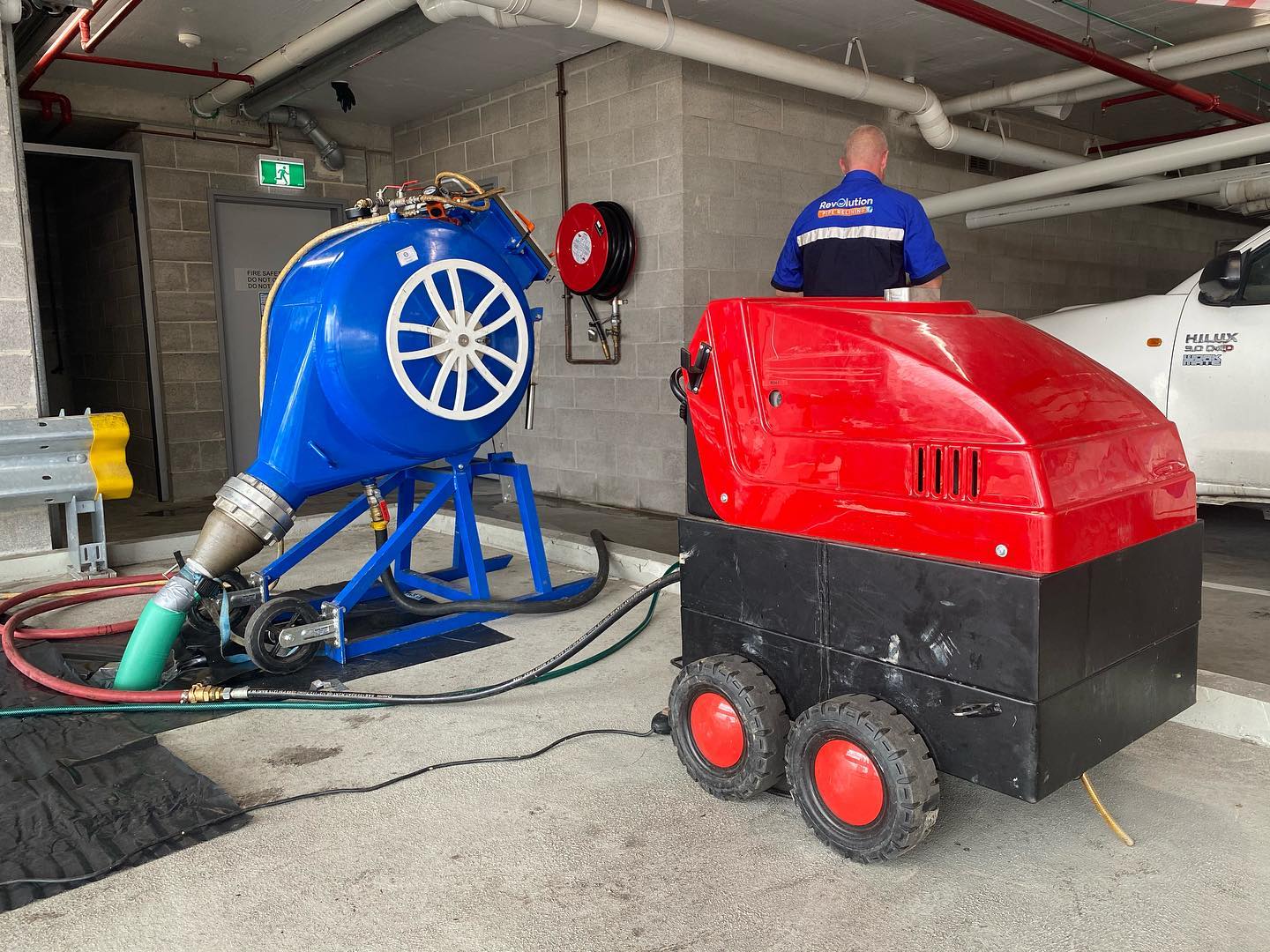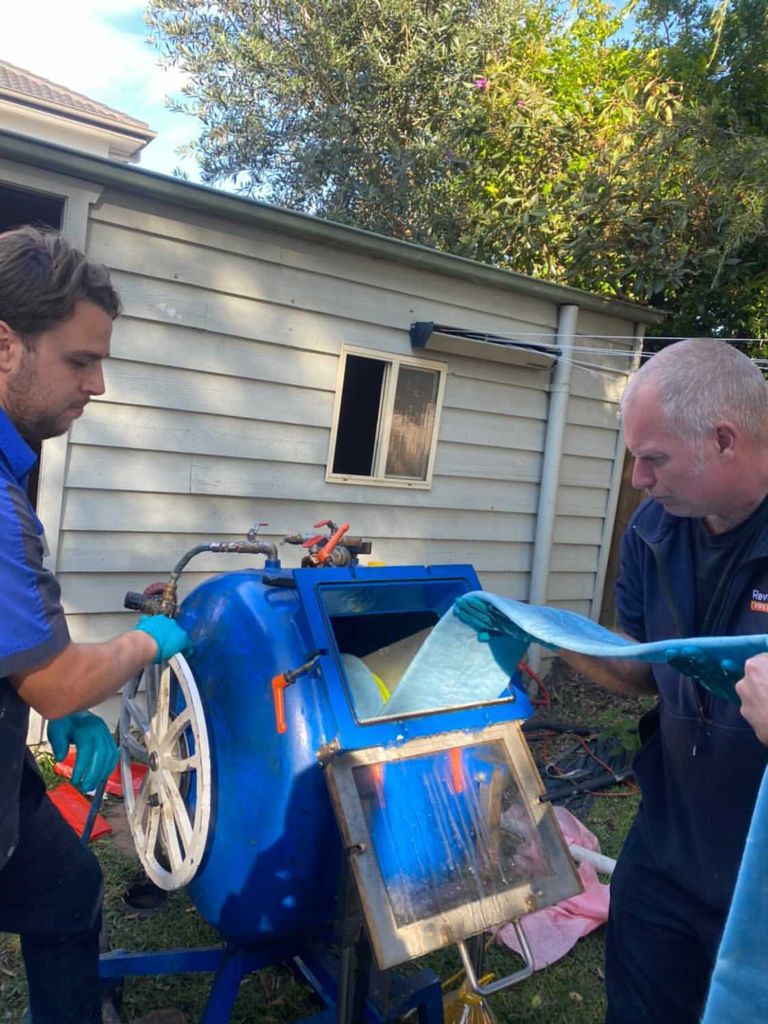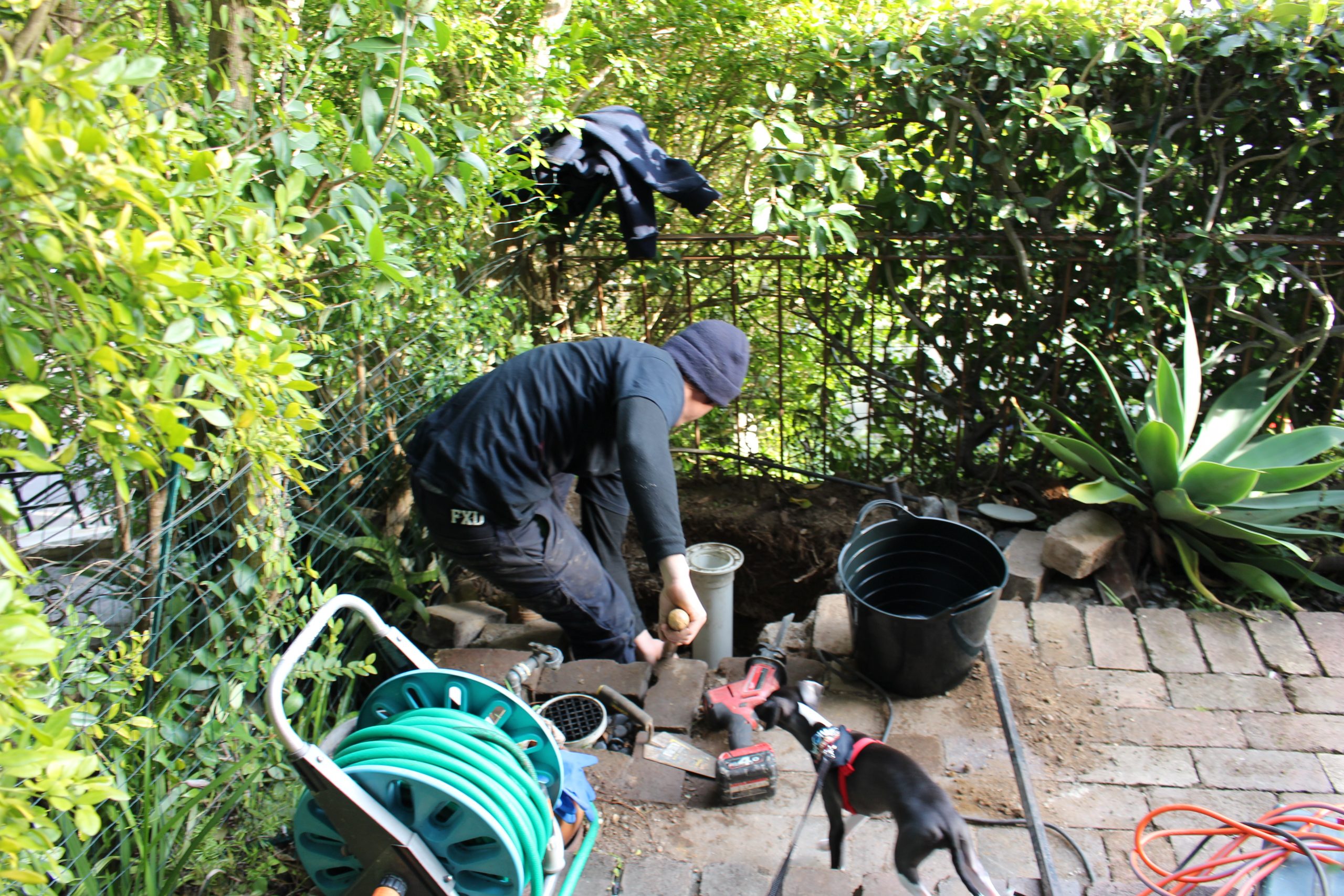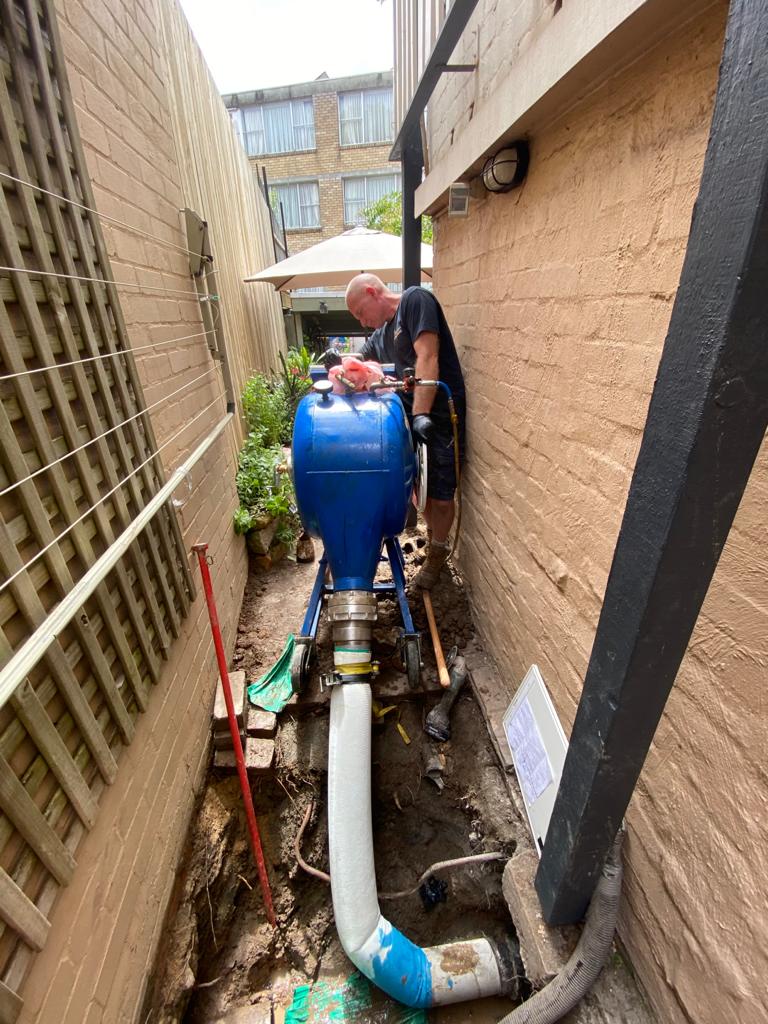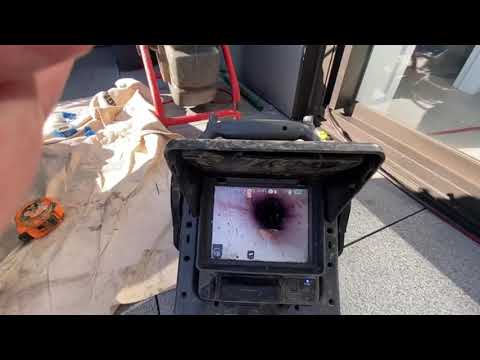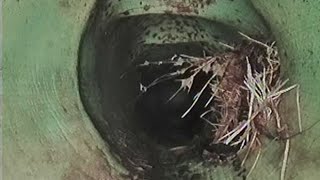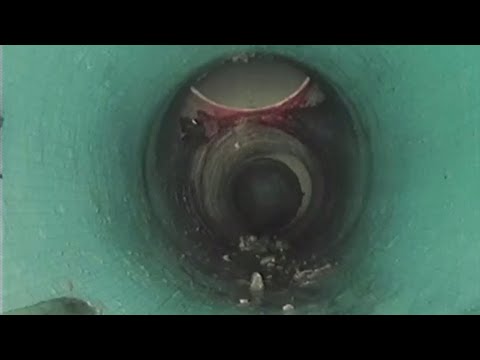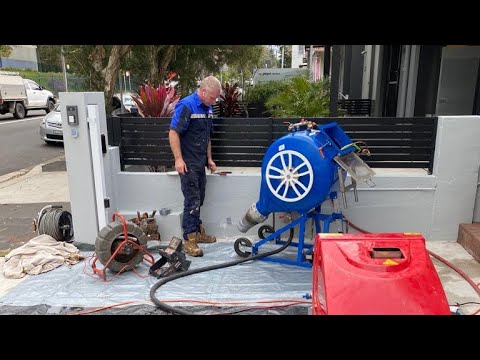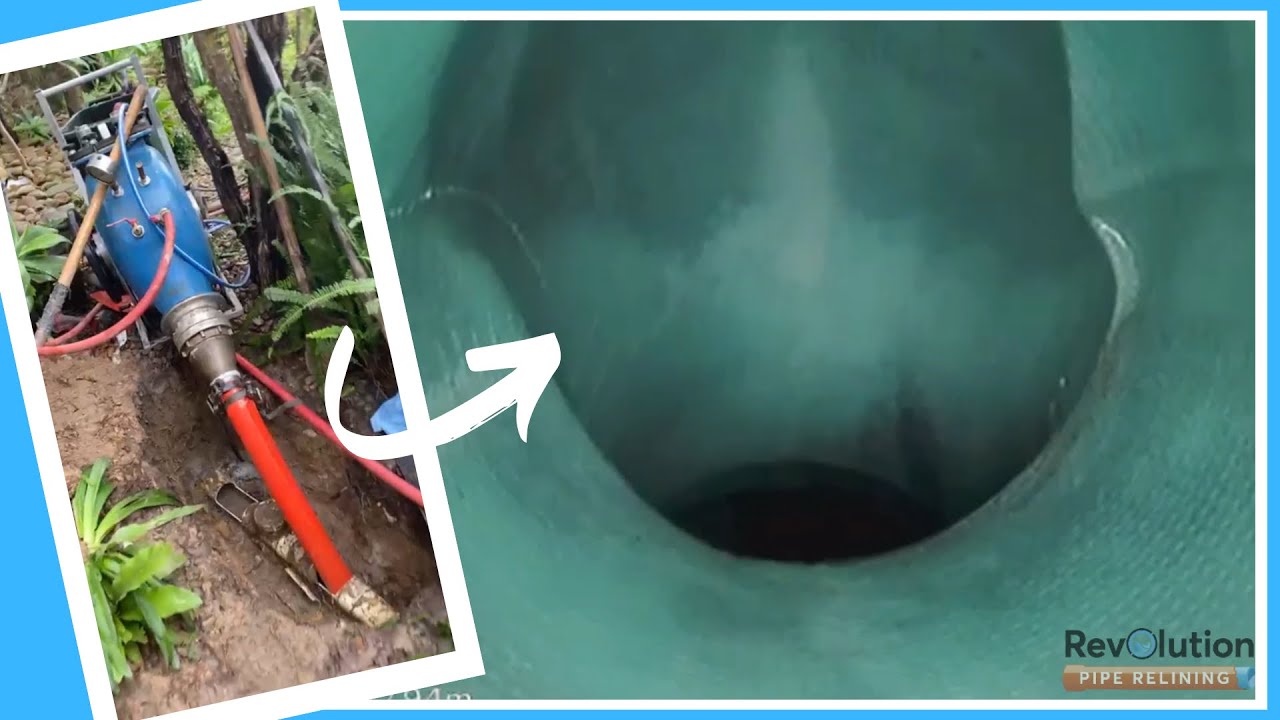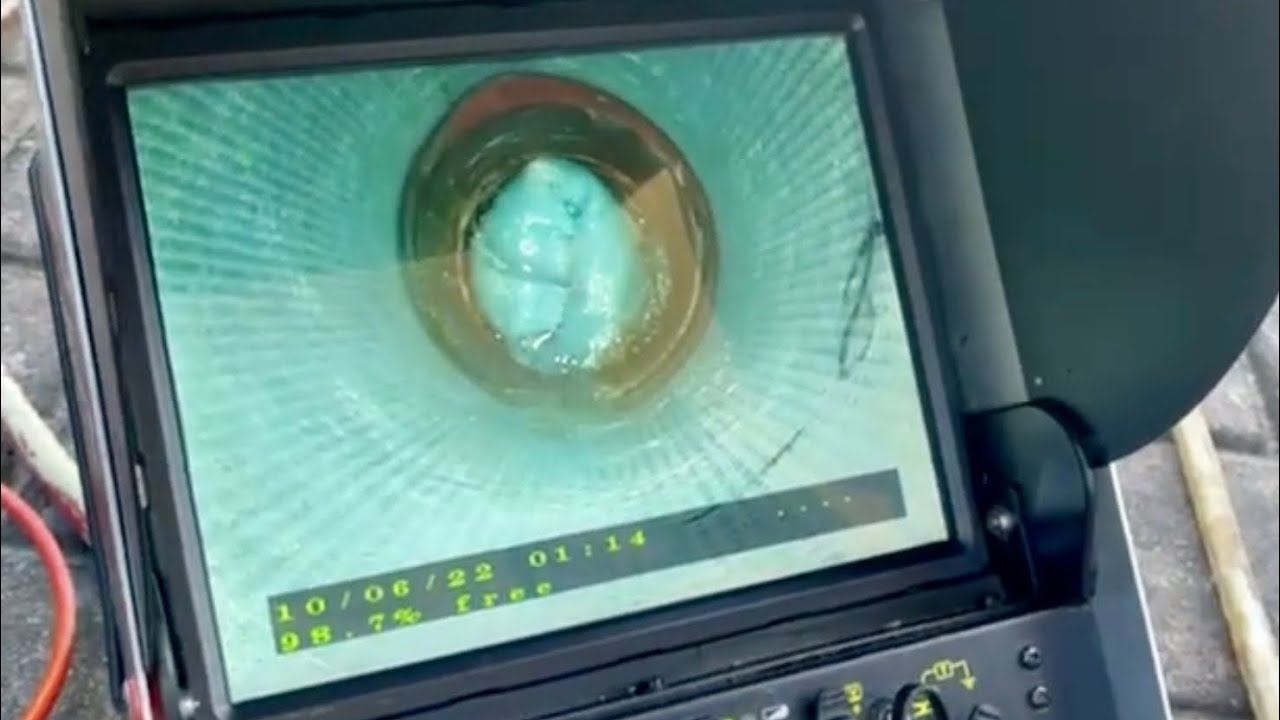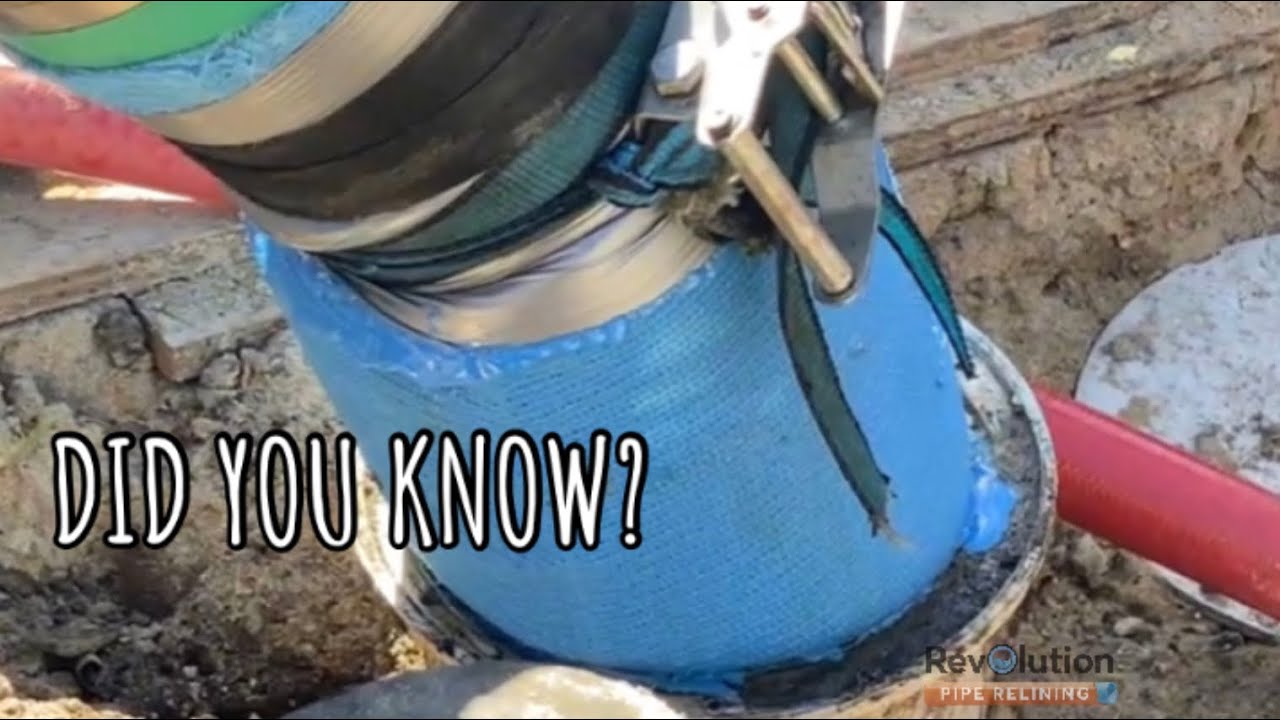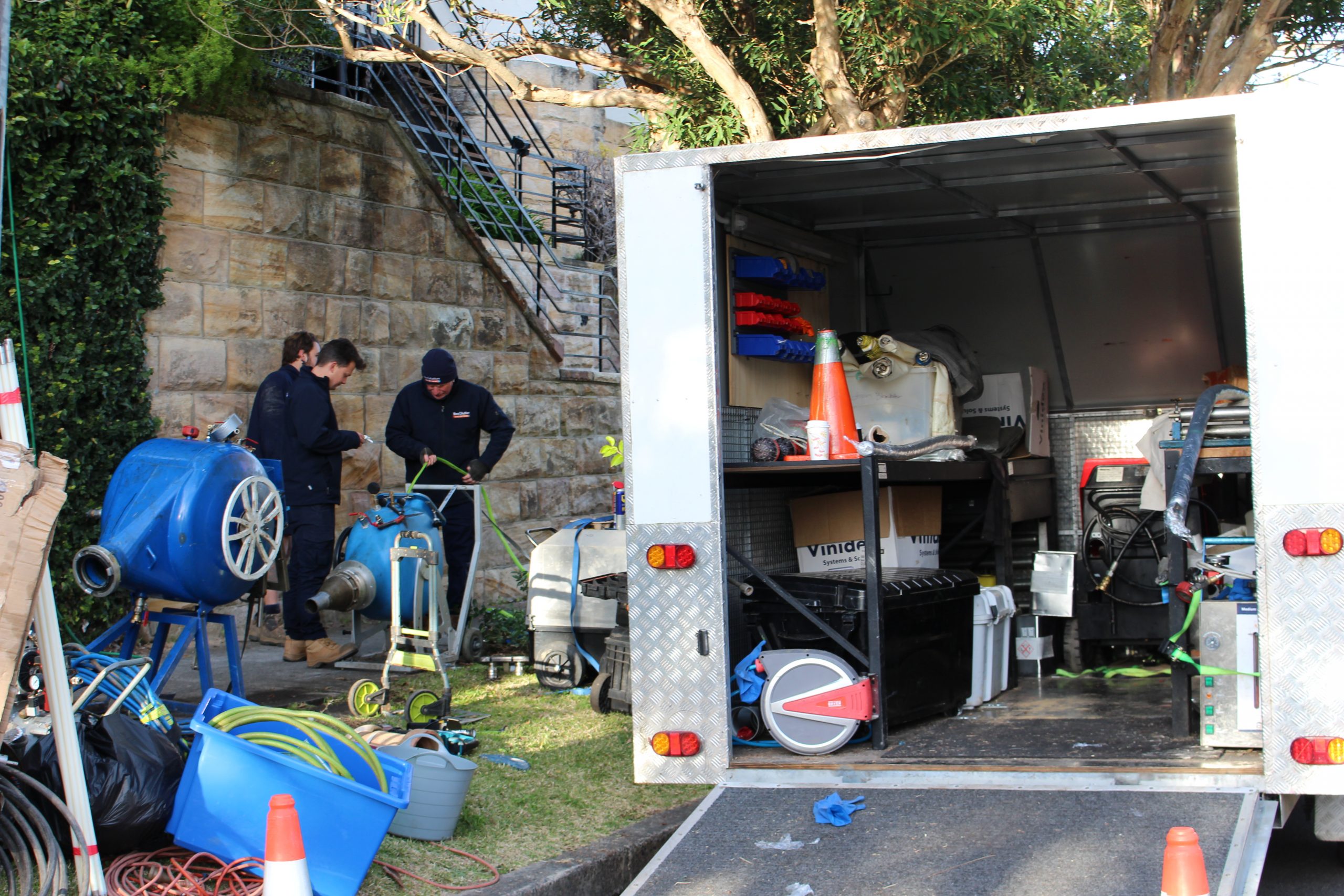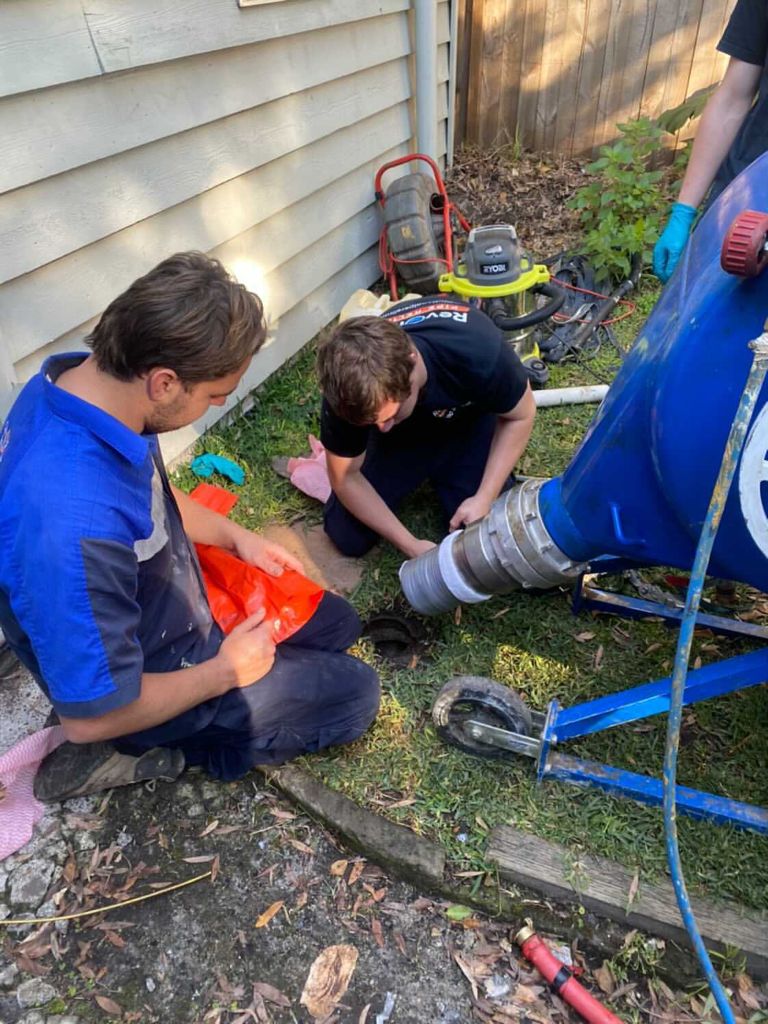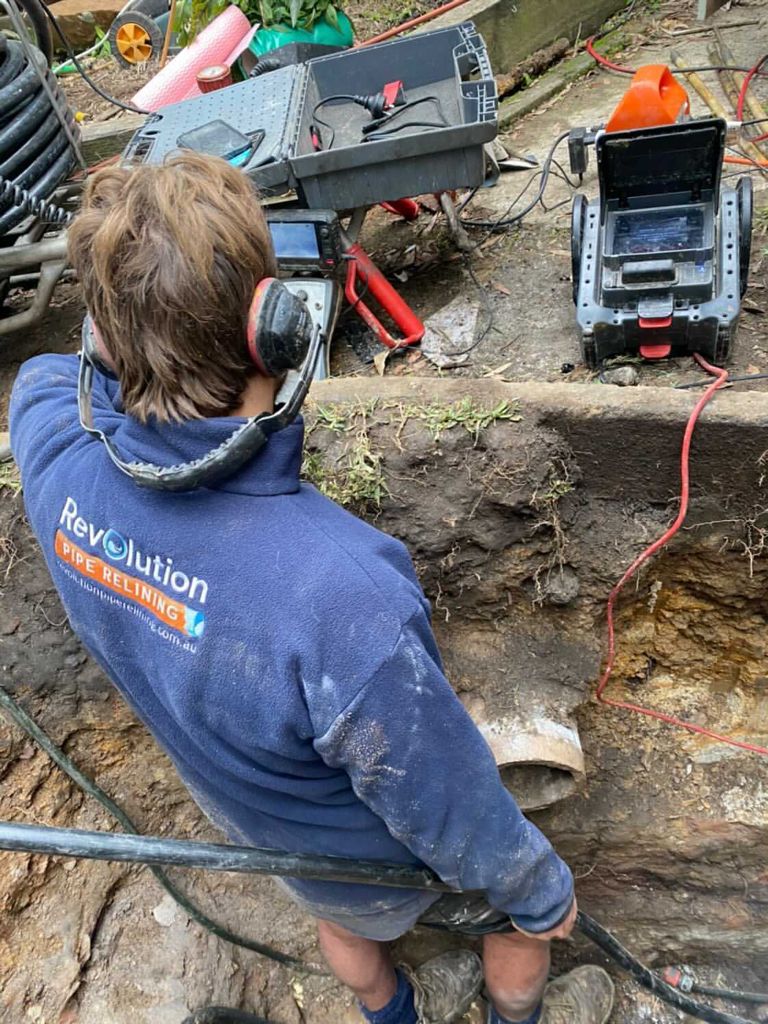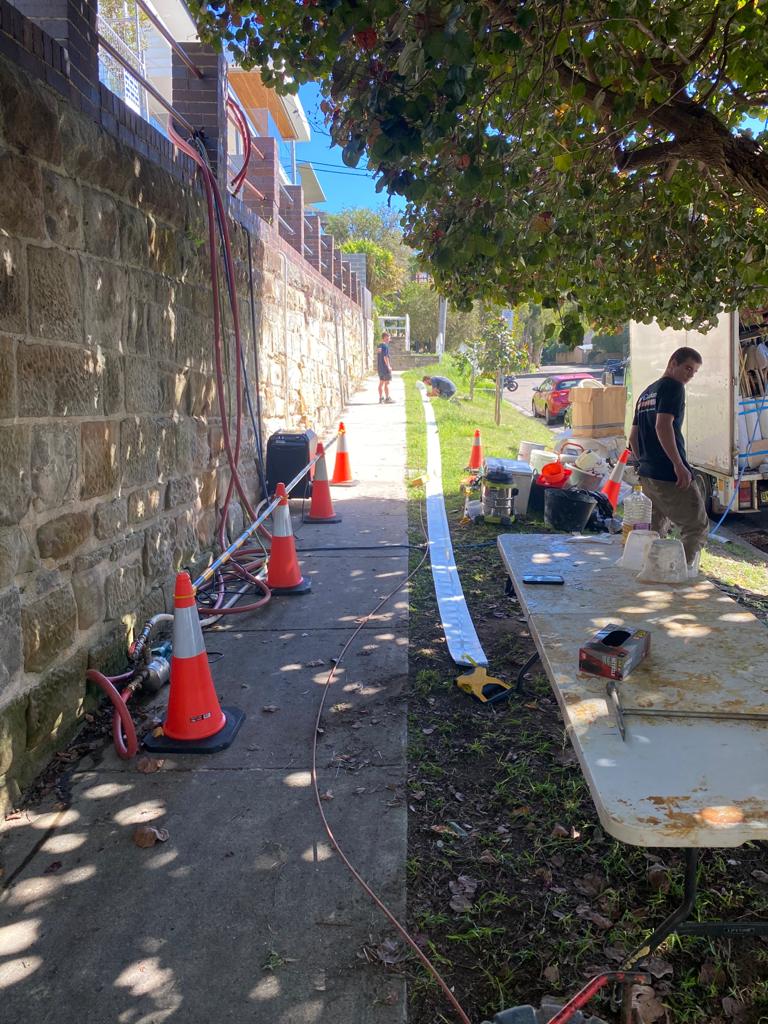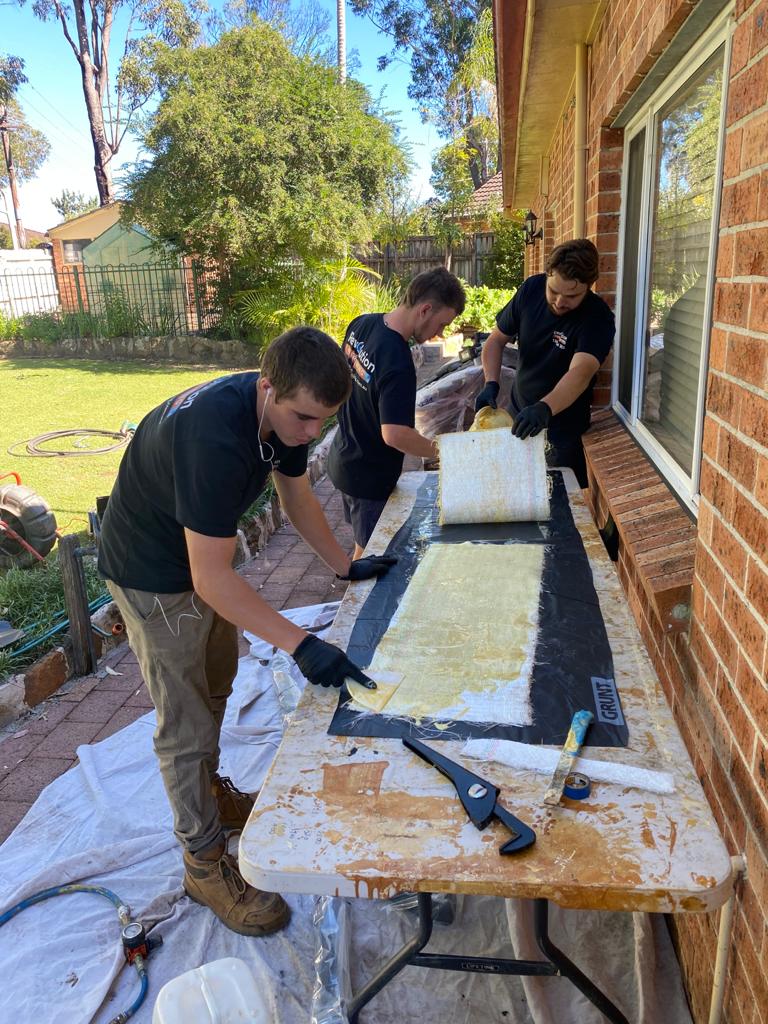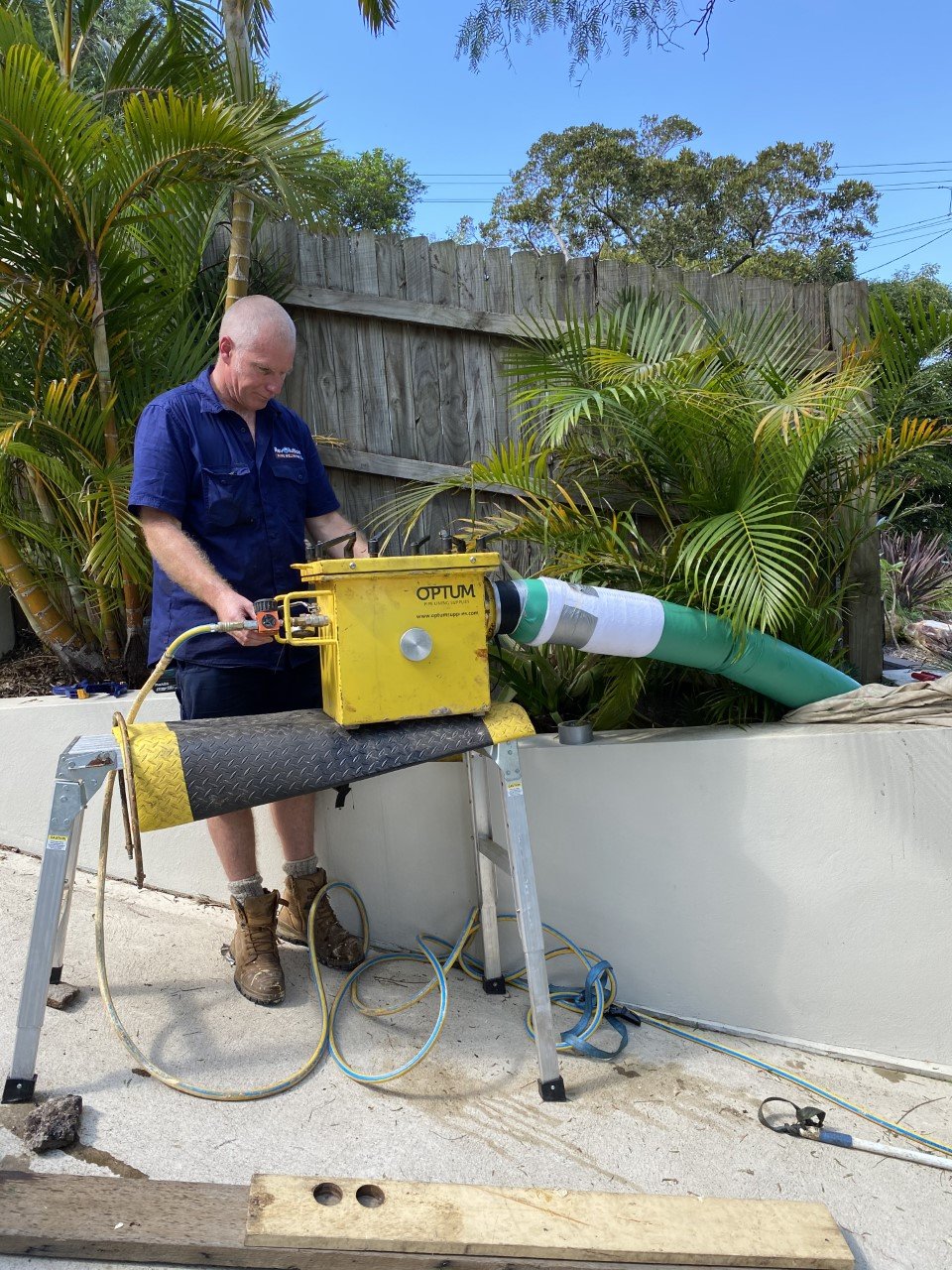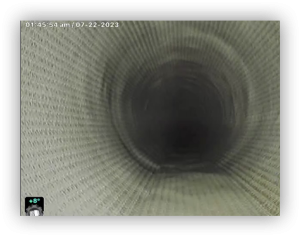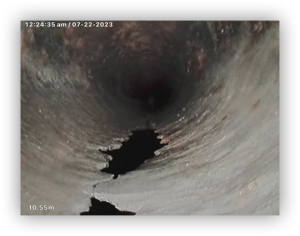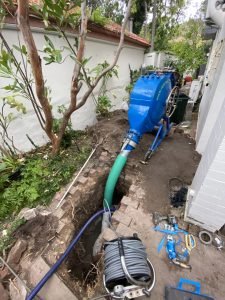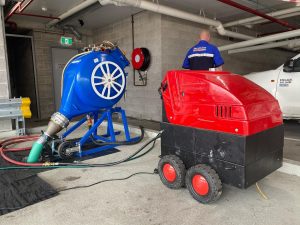Reasons Why You Should Not
Mess With Your Sewer
- A home’s sewer line is a critical part of anyone’s home. It makes sure that the dirty water leaving from your property goes to its appropriate destination without stalling. That is why if you don’t pay attention to your plumbing activity really well, expect that you will experience terrible plumbing troubles that yourself and your wallet will surely won’t be happy about.
- Let’s have a quick rundown of some sewer problems and why you shouldn’t take it lightly. We will also share with you a few examples of things you should avoid, that will make your sewer develop some problems over time.

Things you should avoid to prevent sewer problems
- Baby wipes – Baby wipes have been getting a lot of bad press, but for good reason. Most wet wipes do not rot and according to experts, it takes a 100 years for it to biodegrade. That means baby wipes flushed 2 years ago still have a high chance to pose a threat to your sewer line for clogs. Wipes that clog pipes can result in blockages that can cause sewages to backflow into your home basement, even in nearby streams.
- Baby wipes can also cause a fatberg effect in homes. This is a situation where wet wipes combine with greasy elements and other dirt trapped in the pipes creates an iceberg-like formation that can go as high as 10 feet long or more, and weigh more than 100 pounds. Even if baby wipes don’t get caught up in your drain pipes, it will create more trouble as it reaches down the line or your septic tank because of its non-biodegradable nature. Wipes should either be binned or composted, because even biodegradable ones made of organic cotton, bamboo, or viscose simply don’t have time to break down but will just only contribute to sewer fatbergs and blockages.
- Toilet paper, paper towels and other paper products – If you think these items are too light and flimsy to be causing clogs, you’re wrong. These items are not meant to be flushed down the toilet. Just because they are relatively thin or light, and biodegradable doesn’t mean they dissolve immediately. This makes them a perfect, silent culprit for clogged sewer pipes. The reality is, the product label only claimed it to be flushable for the fact that they fit in the toilet, but not because they have the ability to break up when flushed. So don’t confuse yourself with flushable or biodegradable.
- Keep in mind that plumbing systems have the capacity to take and process water, human waste and biodegradable items. Nothing more!
- Sanitary pads and nappies – If there’s any place where your sanitary pads and nappies go, it should only be in the waste bin. The truth about these items is that they don’t dissolve in water, which means they always have the potential to get stuck. They have plastics and contain fibers that have great capacity to clog and get caught up with other clogging elements.
- Unlike toilet paper, sanitary pads, nappies, and similar items, are designed to take in large volumes of liquid. Therefore, when they end up in your sewers, they instead expand, rather than dissolve, and soak up lots of sewage water, get stuck in greasy elements and cause even bigger clogs.
- Greasy elements – It’s easy to think that the water washes everything along, but when it comes to fats, grease and oil, they just don’t. That’s why they are known to be the plumbing’s enemy. They are sticky, and when they are left to cool in the drain, they will harden and stay in the pipe to form clogs with other elements you flushed down.
- Some homeowners think they know better, but the truth is they’re not. Even just a small amount of bacon grease poured down the drain or garbage disposal, can create a problem. So under any circumstances should you let these greasy elements go down the drain. Just keep a jar handy for grease storage in the kitchen and throw it away once full.
- Chemical drain cleaners – You may still not believe it till now, but we’re going to tell you again. Using chemical drain cleaners to clear a clog will only do more harm than good in your plumbing. When chemical drain cleaners make their way into the sewer line, it can melt or warp plastic pipes, leading to leaks. When these are used in old pipes they can cause the pipes to corrode or completely fail. These caustic products are damaging in other ways as well. They are terrible for your septic systems, as well as the environment.
- Coffee grounds, eggshells and similar items – Most homeowners think that coffee grounds are small enough to cause clogs, but that’s not the case. Instead of grinding them up and washing them away like normal foods, they clump together and stick around the pipes. In fact, most blocked sewer pipe experts say that coffee grounds are one of the most likely sources of a clog in your kitchen pipes.
- Eggshells on the other hand may also look harmless, but when they hit the drain, the garbage disposal grinds them up to little pieces and creates massive clogs with greasy food waste. You’re better off dumping your coffee grounds and eggshells in the trash can before they ball up and make their way into your sewer line.
- Massive tree-roots – Tree roots are definitely out of the control of every homeowner, but that doesn’t mean you can’t do anything to stop tree roots from becoming the reason your sewer line will completely fail. Trees can grow really long and massive roots that can coil around your sewer line. They are especially drawn to sewer lines because they hold water, oxygen and nutrients which all are necessary for their growth. Tree root intrusion is the number one reason a sewer line fails. But just to be clear, tree roots do not have the ability to break into the sewer line unless there is an existing crack or gap. If the root finds their way through that crack or gap, they’ll creep in the pipe wall and grow enormously into the pipe, breaking it and blocking off the flow of wastewater.
- We find it more common to find tree roots overwhelming the pipes of older homes, but they can also find their way into sewer systems of any age. Tree roots are dangerous because even if the roots in your yard are not the problem, roots from nearby trees can crawl into your sewer line and damage it. That is why some homeowners buy tree root barriers to hold roots back or direct their growth, but we recommend calling a professional blocked sewer Sydney specialist to camera the pipe and check for possible tree roots invasion.
Reasons Why You Should Not Mess With Your Sewer
- Let’s take a look at some of the sewer problems that can arise when you pay less attention to your plumbing activities.
- Sewage overflow – Overflows in homes can occur when heavy rainfall exhaust the sewer system and when there are damages to pipes due to normal wear and tear, or an unresolved clog. Clogs in the sewer can cause wastewater to backflow up through the overflow relief gully and empty out into the backyard or side areas around your home. That is why it is important to keep your sewers and your relief gully free from clogs.
- Broken sewer line – Broken sewer lines are a result of pipe clogs and deterioration, either due to pipe age or corrosion. But the most common cause of a sewer line damage is tree roots. Roots grow through pipe cracks and continue growing inside, eventually leading to clogs. An unblocked sewer drain specialist may use a water jetter to clear out roots and clogs, but over time, you may need to hire a sewer pipe relining in Sydney professionals, to repair your compromised sewer line sections for good.
- Sewer pipe deterioration – Many homeowners turn to chemical treatments when they have a drain problem, but little did they know that frequent treatment with harsh chemicals will inevitably cause corrosion. Chemical treatments are simply too harsh the reason we don’t recommend it. They can only weaken your pipes and make the problem worse. If you’ve been using drain chemicals for clogs for a while now, we will be able to help you identify if there are fractured sections in your pipe through a CCTV camera sewer inspection. If we find out your sewer needs relining, don’t hesitate to let us do the job. Sewer pipe relining cost is cheaper when the damage is not too complicated.
- Sewer problems can arise at home as a result of the things you might have missed paying attention to, such as the above list. This is why you may have to change a few habits, or get the blocked sewer Sydney experts to fix your blocked sewer pipe, or you’ll end up with a non-working sewer line. Bear in mind that a failed or collapsed sanitary sewer line will cost you tremendously more to repair than proactive repair will.
What should you do?
Sewer problems can arise at home as a result of the things you might have missed paying attention to, such as the above list. This is why you may have to change a few habits or get the blocked sewer Sydney experts to fix your blocked sewer pipe, or you’ll end up with a non-working sewer line. Bear in mind that a failed or collapsed sanitary sewer line will cost you tremendously more to repair than proactive repair will.
YOU MAY ALSO LIKE:
blog
Plumbing Diaries in Sydney: The Wonderful Benefits of Drain Relining
By admin
/ May 8, 2024
In Sydney's bustling metropolis, where modern living meets the limitations of ageing infrastructure, new solutions are critical to maintaining the...
Read More
blog
Safeguarding Your Plumbing System Through CCTV Pipe Inspection in Sydney
By admin
/ April 15, 2024
What happens to something when it’s being used daily? It wears out, the same goes with the plumbing. Eventually, it...
Read More
blog
Extending Lifespan of Your Sewer Line Through Sewer Pipe Relining
By admin
/ April 9, 2024
A good working condition sewer system is the backbone of a well-maintained property, capable of holding up years and even...
Read More
blog
Modern Solutions for Pipe Repair: The Upsides of No-Dig Pipe Repair in Sydney
By admin
/ March 14, 2024
When it comes to plumbing, problems like broken sewer lines or clogged pipes have traditionally been synonymous with disruptive and...
Read More
blog
Transformative Pipe Relining Solutions in Sydney: Resolving Blocked Toilet Woes
By admin
/ March 8, 2024
In a city that blends iconic heritage with modern architecture, maintaining the integrity of plumbing systems in both old and...
Read More
blog
How to get away from blocked drain problems this summer
By admin
/ February 7, 2024
Experts recently warned of climate change and its tendency to exhibit extreme conditions than ever before - that means, without...
Read More
blog
Signs it’s Time to Call the Pipe Relining in Sydney Experts
By admin
/ February 1, 2024
Let’s face it, when your plumbing stops doing its job, your daily life at home is significantly affected for the...
Read More
blog Pipe Relining
Pipe Relining: Sectional Patch Repair in 50mm PVC Pipe Sealing a Screw Hole
By admin
/ April 12, 2023
https://www.youtube.com/watch?v=IlN2BV0BUh0 Today, we're doing a 50mm patch on the floorbase of a veranda. A screw has been drilled through the...
Read More
blog Pipe Relining
Example Of Why A Junction Patch Is So Important!
By admin
/ April 12, 2023
https://www.youtube.com/watch?v=Q_O_UAAEi_A Here is some pipe re-lining work installed by another company. This is the perfect example of when a junction...
Read More
blog Pipe Relining
No Dig Pipe Repair at a Residential Property | Inversion Relining + 2 x Junction Patches + 2 x Cuts
By admin
/ April 12, 2023
https://www.youtube.com/watch?v=WcOkKuDyQtM&t=15s In this video, we've completely realigned all the drains on a residential property. Right now we're filming from a stack...
Read More
blog Pipe Relining
Relining Solutions To Repair A Boundary Trap!
By admin
/ April 12, 2023
https://www.youtube.com/watch?v=qT0mSZ4sT0E Hello there, welcome to the Revolution! Here you'll see our expert team relining a boundary trap.Our liner goes down the...
Read More
blog Pipe Relining
Sewer Relining a Vertical Shaft With 10 Changes of Direction! This Was a Very Technical Job!
By admin
/ March 29, 2023
https://www.youtube.com/watch?v=V_0yXNgeirM Line's been thoroughly cleaned and sanded out. See all the cracks very clearly, the tree roots are getting in....
Read More
blog Pipe Relining
How To Install a Junction Patch By Revolution Pipe Relining
By admin
/ March 29, 2023
https://www.youtube.com/watch?v=B_TLEASohgkToday we're going to show you how we install and wet out a junction patch. This is a T-junction we're...
Read More
blog Pipe Relining
PLUMBERS and BUILDERS! Don’t Dig Up The Street On A New Build! Save Time and Money By Relining The Sewer
By admin
/ March 28, 2023
https://www.youtube.com/watch?v=M9xWuGW83C0 Did you know on a new build you don't need to replace the pipes all the way to the...
Read More
blog
5 Reasons You Can Rely on Pipe Relining Western Sydney Professionals to Fix Damaged Pipes
By admin
/ September 13, 2022
If you want to be on top of your plumbing, it’s a good idea to have a number on the...
Read More
blog
Trenchless Pipe Relining Specialist – How to Know You’re Hiring the Right One?
By admin
/ September 6, 2022
Almost always, hiring a plumber requires little to no effort. You ring them, educate them about the problem, they come...
Read More
blog
Is Professional Pipe Relining an Option for your Damaged Drains and Sewer Pipes in Eastern Suburbs?
By admin
/ September 5, 2022
In the past, if your home’s pipe or sewage system needed repair, it would involve excavating your yard and destroying...
Read More
blog
Do You Need Your Drains and Sewer Lines Repaired But Don’t Want to Ruin your Landscape, Northern Beaches Trenchless Pipe Relining is the Solution
By admin
/ August 29, 2022
When you need premier pipe relining services in Northern Beaches, you can always rely on Revolution Pipe Relining to deliver...
Read More
blog
How Sewer Pipe Relining Experts help you Avoid Winter Plumbing Problems
By admin
/ August 16, 2022
Unfortunately, sewer problems don't take the colder seasons off. In fact, extreme weather conditions can take an even greater toll...
Read More
blog
Sewer Issues Trenchless Pipe Relining Professionals Can Fix Without Waiting Long Days
By admin
/ June 21, 2022
Did you know that fixing severe sewer problems can really take time to the extent that it can extend to...
Read More

